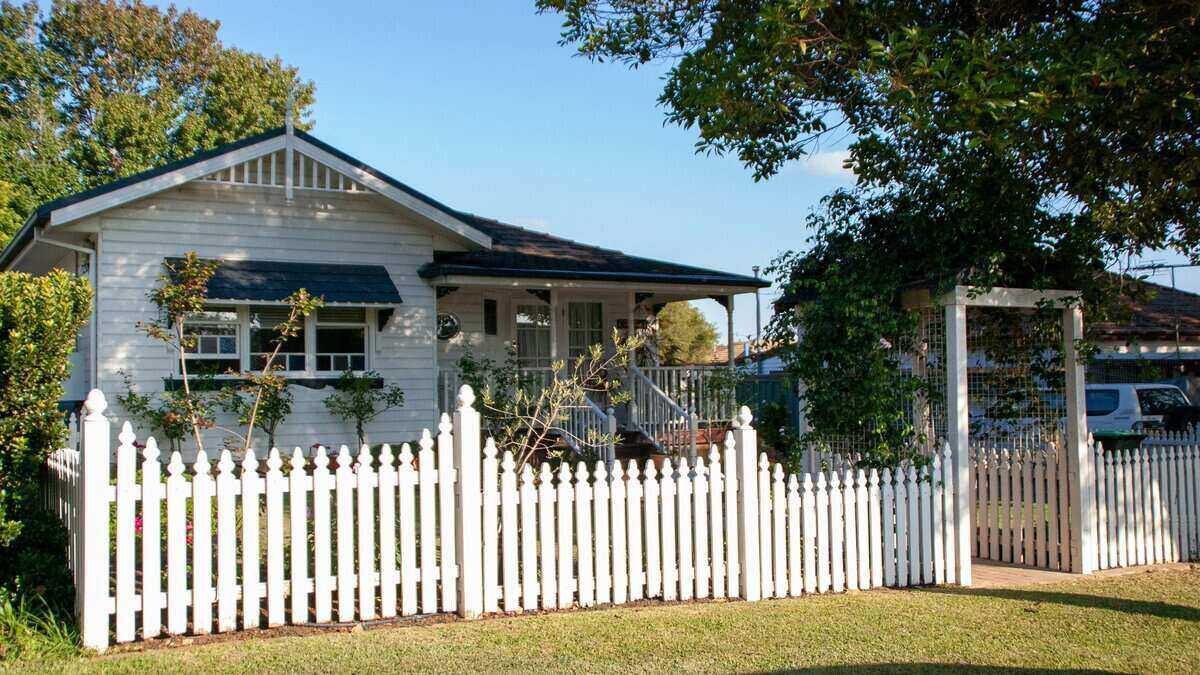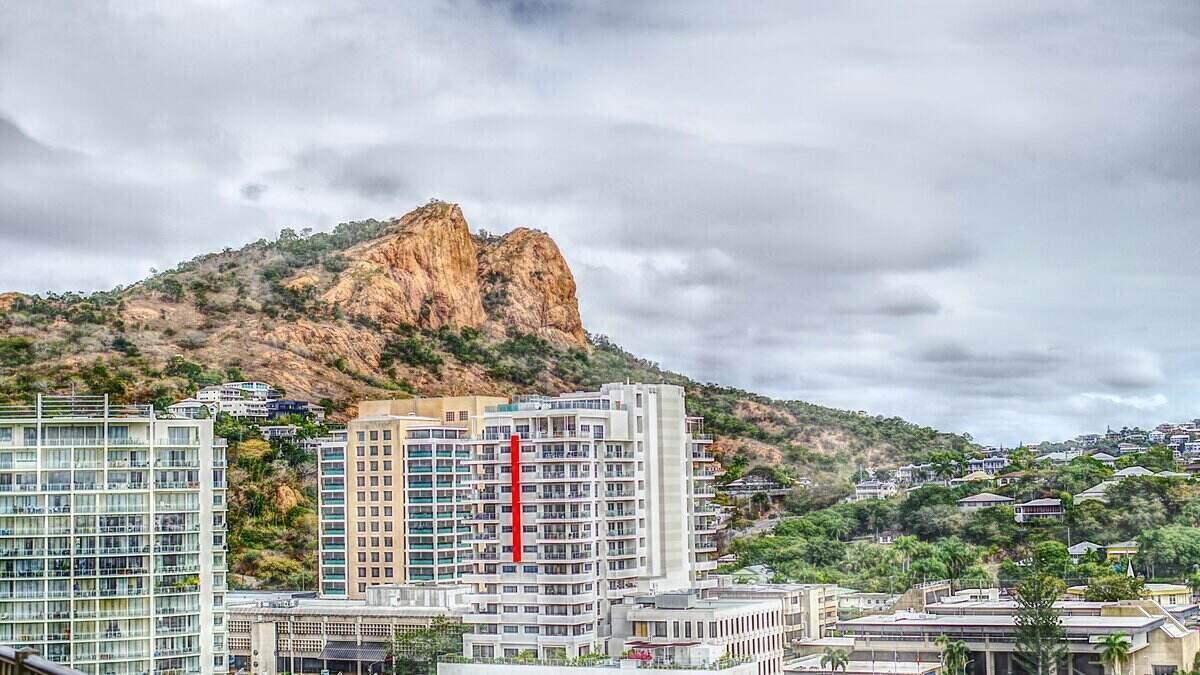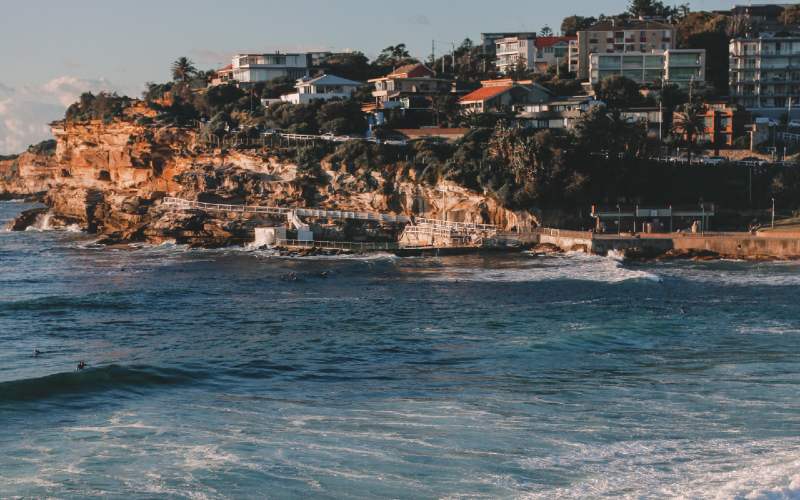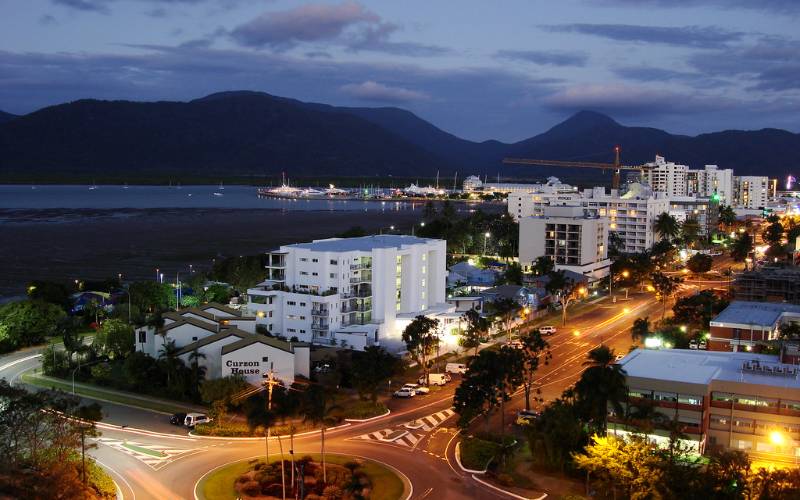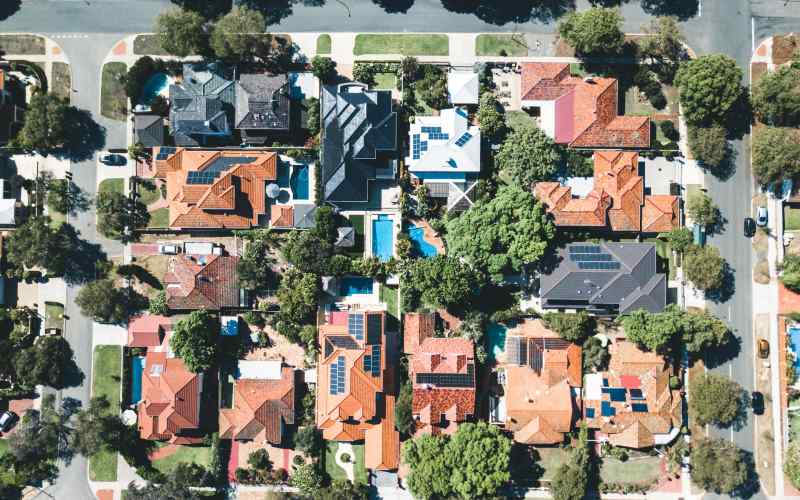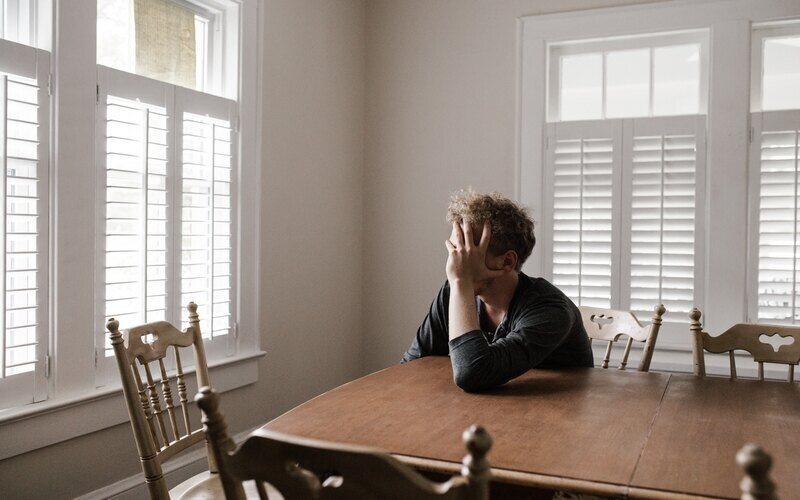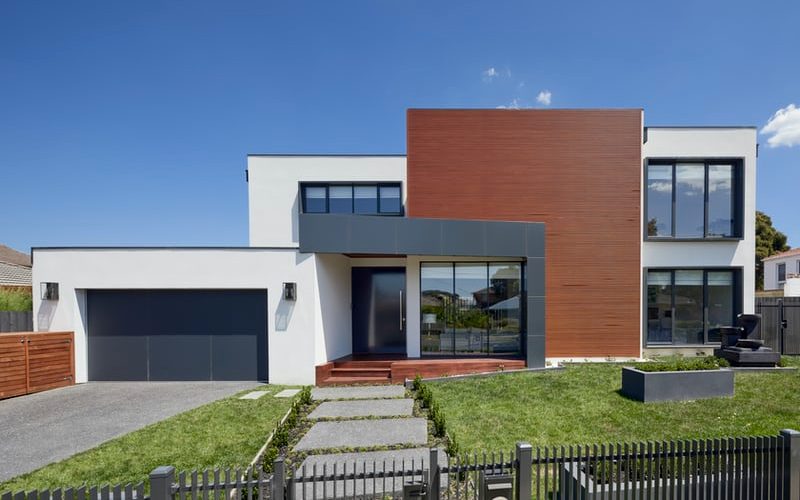The latest quarterly Domain March 2020 Rent Report showed rents had been rising in Sydney, Melbourne, Adelaide, Perth, Canberra and Hobart in the first three months of the year.
But the rise in median rent prices across most major capital cities in the first half of 2020 could be short-lived as rental listings flood the market due to COVID-19.
With many renters rushing to lower their living costs amid the pandemic, listing volumes for rental properties have soared over the last two weeks of March, which is expected to bring down rent prices.
| Capital city | MAR-20 median rent | QoQ growth | YoY growth |
| Sydney | $530 | 1.00% | -1.90% |
| Melbourne | $440 | 2.30% | 0.00% |
| Brisbane | $410 | 0.00% | 0.00% |
| Adelaide | $395 | 1.30% | 1.30% |
| Perth | $375 | 1.40% | 2.70% |
| Canberra | $580 | 0.00% | 1.80% |
| Darwin | $480 | -3.00% | -4.00% |
| Hobart | $470 | 2.20% | 4.40% |
| National | $451 | 1.20% | 0.20% |
Source: Domain
"Most states and territories have seen a lift in rental listings over the second half of March as the coronavirus pandemic impacts short-term rentals and tenant hip pockets due to income reduction or loss of employment," Domain senior research analyst Dr Nicola Powell said.
"Tourism has also plummeted due to social distancing rules and travel restrictions, short-term rental cancellations may mean landlords have to rethink their investment strategy, forcing many to the longer-term rental market."
That, combined with a complete shutdown of our borders means that rent prices could fall by as much as 10% nationally, depending on how long shutdown measures are in place and the wider impact on the economy and house prices.
Some economists are predicting house prices could plummet by up to 30% in Sydney and Melbourne as a result of the fallout from the pandemic.
SQM Research meanwhile estimated that rental vacancy rates could exceed 3%, dropping rent prices and putting off many would-be property investors.
Sydney
Before the pandemic, Sydney rents were on a high: House rents had risen for the first time in three years while unit rents rose for the first time in two years.
The old supply and demand equation helped, with a drop in investment activity and construction combining with steady population growth helped to tighten the rental market.
But Ms Powell said that a return of short-term holiday rentals to the longer-term rental market and tenants facing financial uncertainty will change that.
"Some landlords have moved property from short-term holiday leases to the long-term rental market during the coronavirus pandemic," she said.
"Some tenants may also opt to reside with family while our lives are impacted by social distancing, job security fears and economic uncertainty. Rental supply is likely to increase further in the coming months, putting tenants in the driver’s seat."
Melbourne
Melbourne rents climbed by 2.3% in the first three months of 2020: Unit rents reached a new high of $430 per week while house rents climbed to $440 a week.
"During this time the influx of new residents from overseas and interstate has placed additional demand on the rental market, which has led to heightened competition for rental accommodation. The outlook looks set to change," Ms Powell said.
"A lift in rental listings over the second half of March could help to provide rent relief for some tenants as the coronavirus pandemic forces many overseas tenants to leave, vacating rental accommodation unexpectedly.
"Meanwhile others vacate rentals as people opt to move in with relatives as they look to lower the cost of living amidst an unstable employment outlook."
Brisbane
The stability of Brisbane's rental market looks to be in strife, with prices expected to dip as foreign residents return home and tenants facing job insecurity cut their losses and move out.
The city's rent prices had remained at a steady $410 for houses and $385 for units for the past year.
According to the report, tenants have had the longest period of stability in Brisbane with just over five years of steady rent prices.
"However, Brisbane’s vacancy rate has been sliding marginally over the past few years indicating that the extended period of heightened rental supply is tightening," Ms Powell said.
"Under normal circumstances the trend suggests tenants would eventually experience greater competition to secure leases. However, the economic impact of the bushfires and the coronavirus pandemic will be felt across Queensland and particularly the tourism regions.
"Travel restrictions, border closures and social distancing rules have meant tourism is virtually non-existent. This has forced many short-term rental properties to the longer-term rental market in a bid to keep investment cashflow for landlords."

Ready, Set, Buy!
Learn everything you need to know about buying property – from choosing the right property and home loan, to the purchasing process, tips to save money and more!
With bonus Q&A sheet and Crossword!



 Harry O'Sullivan
Harry O'Sullivan
 Brooke Cooper
Brooke Cooper